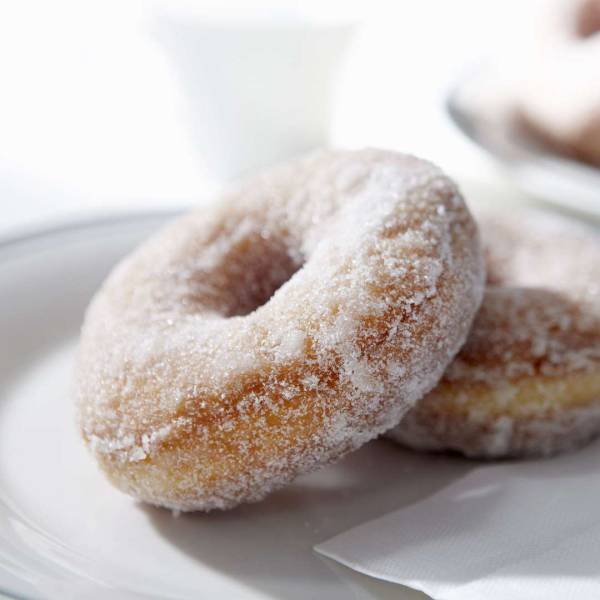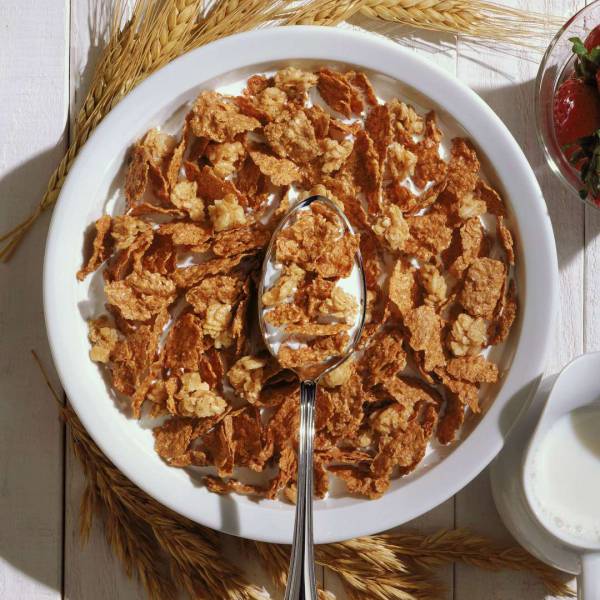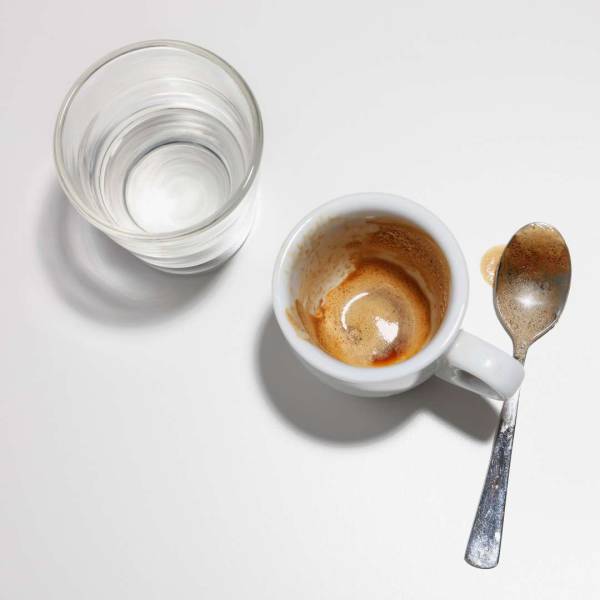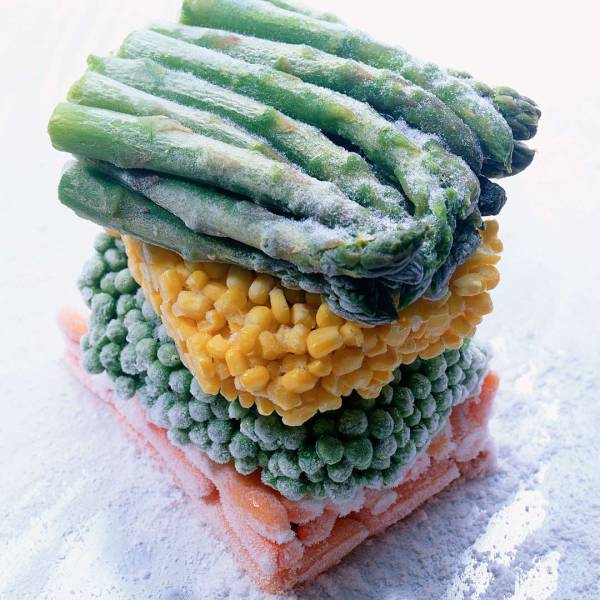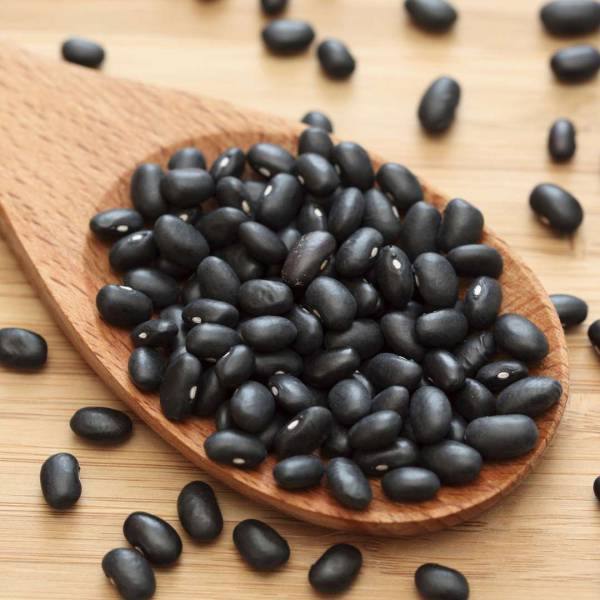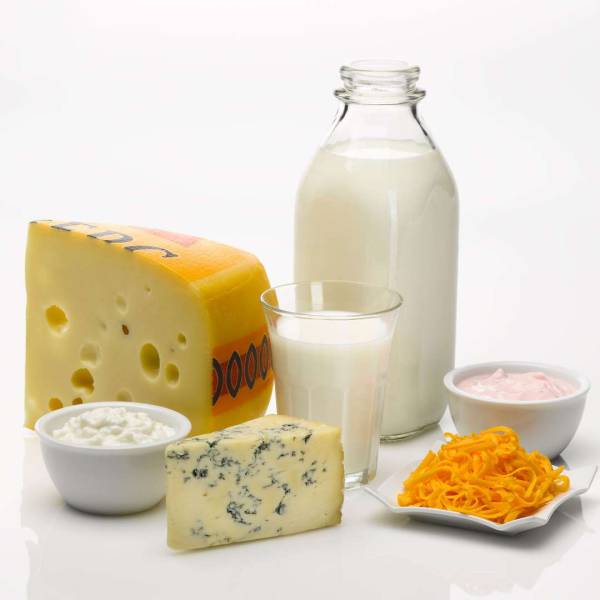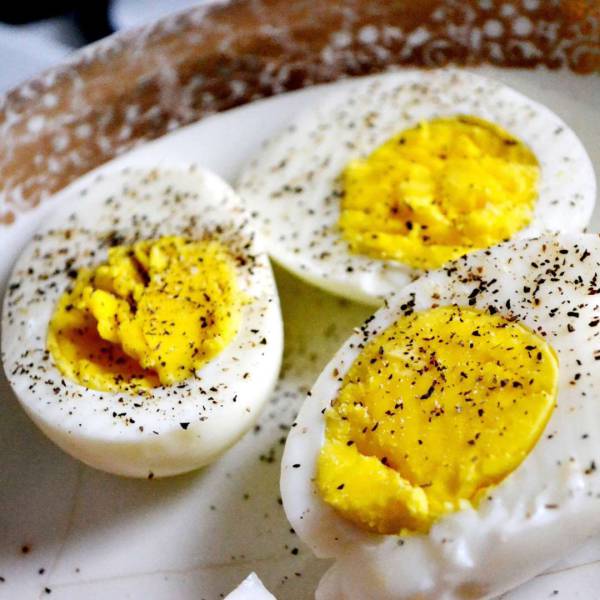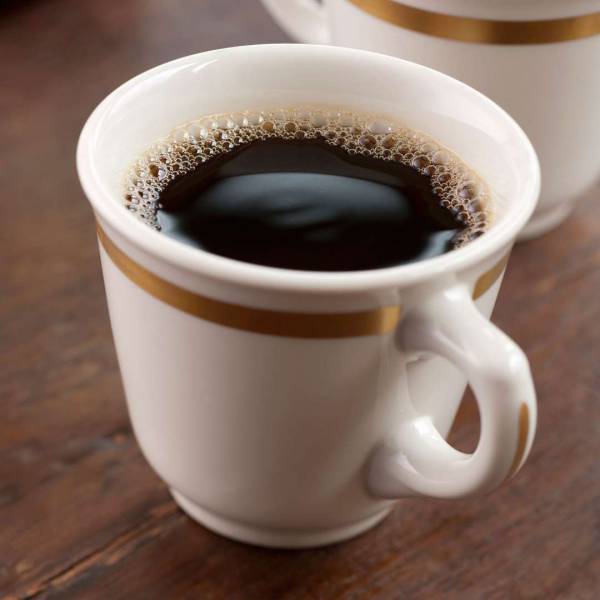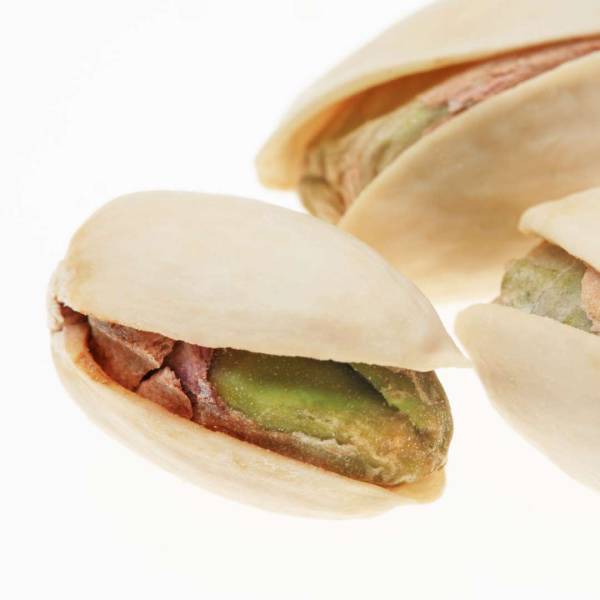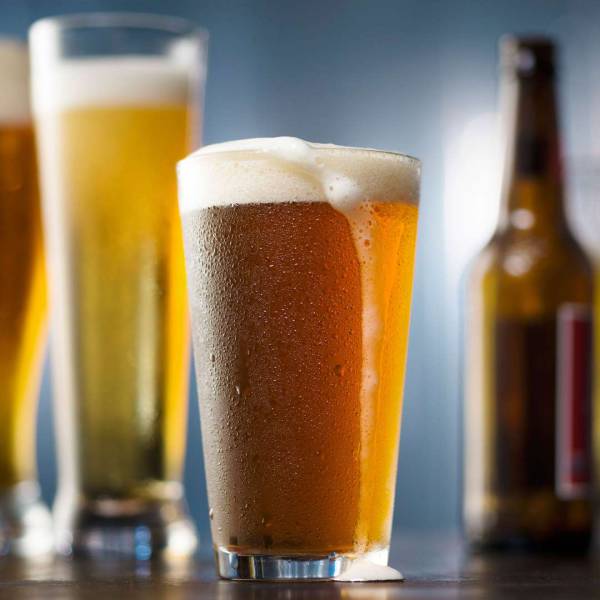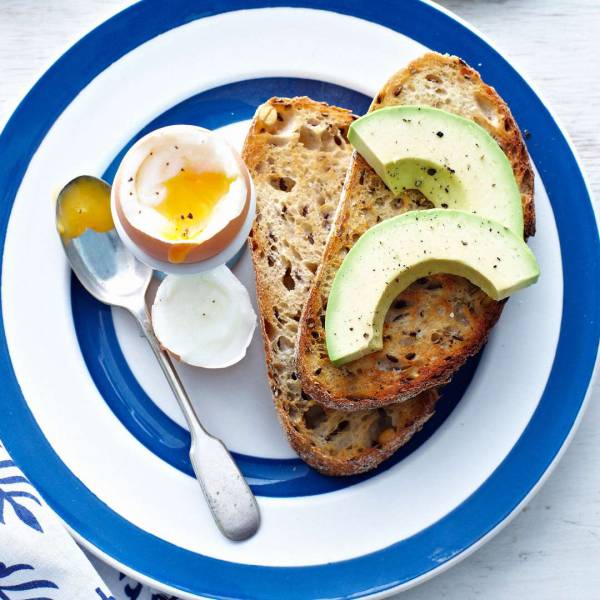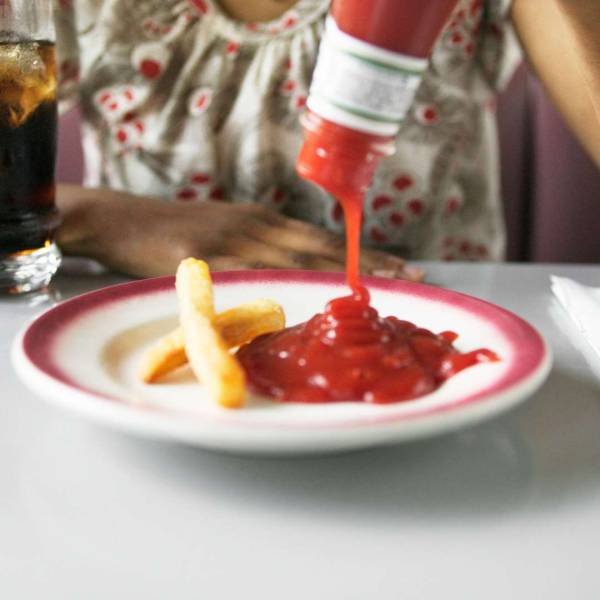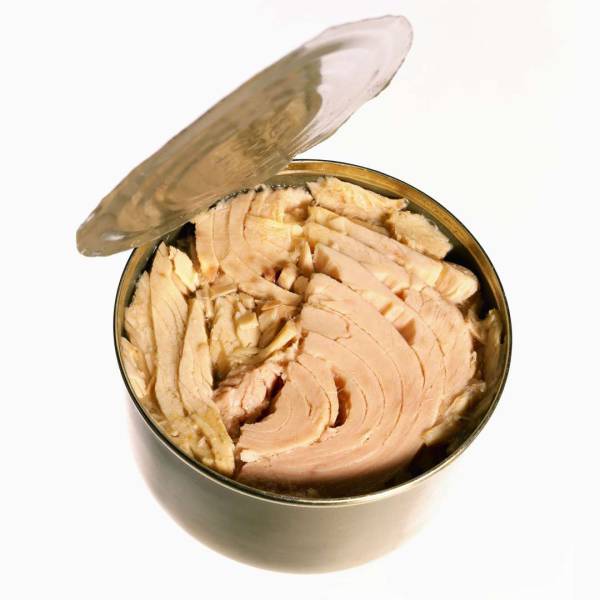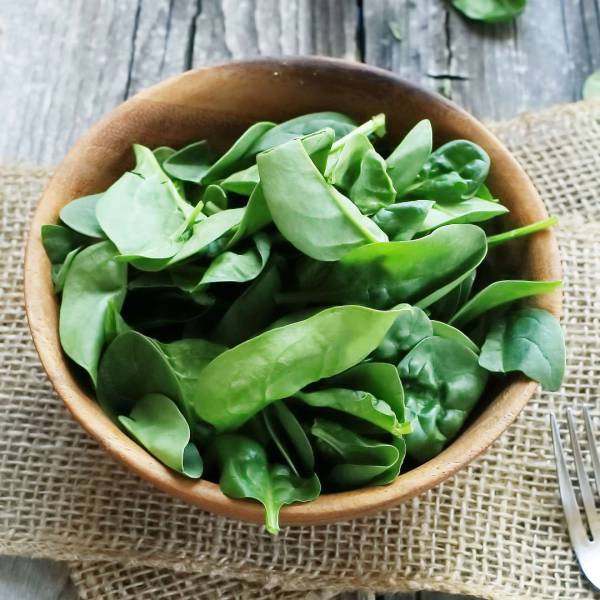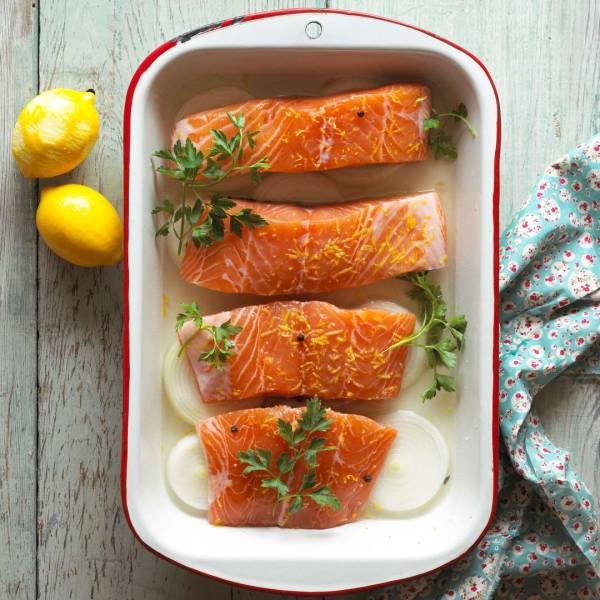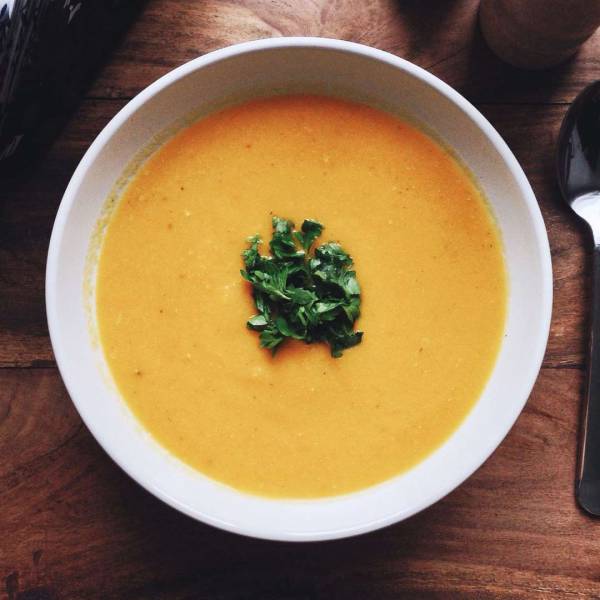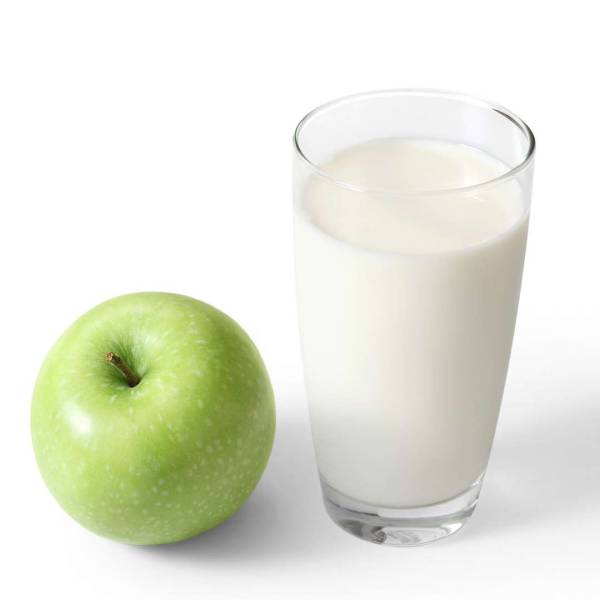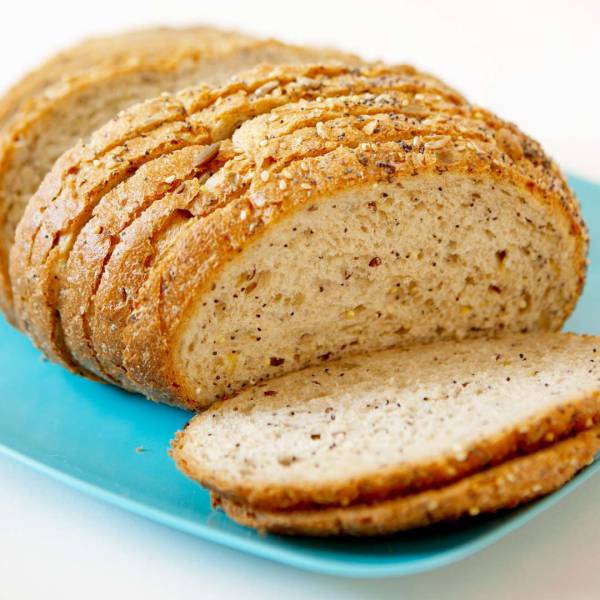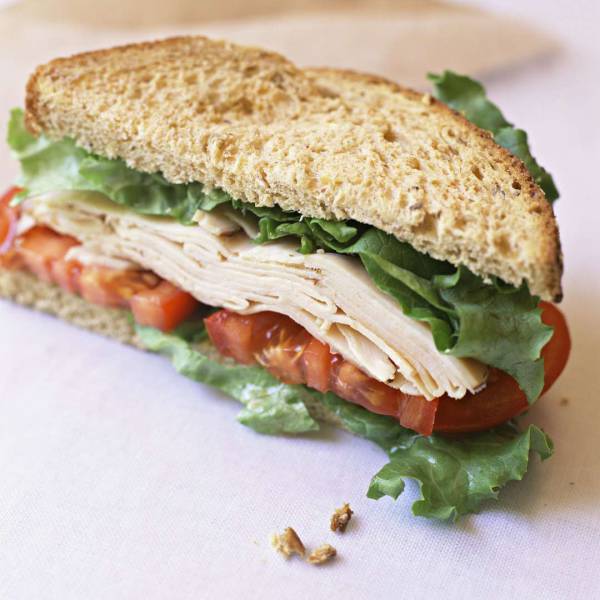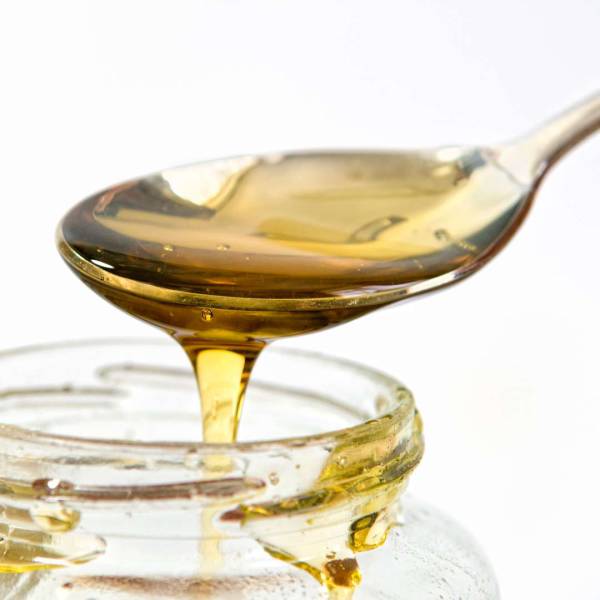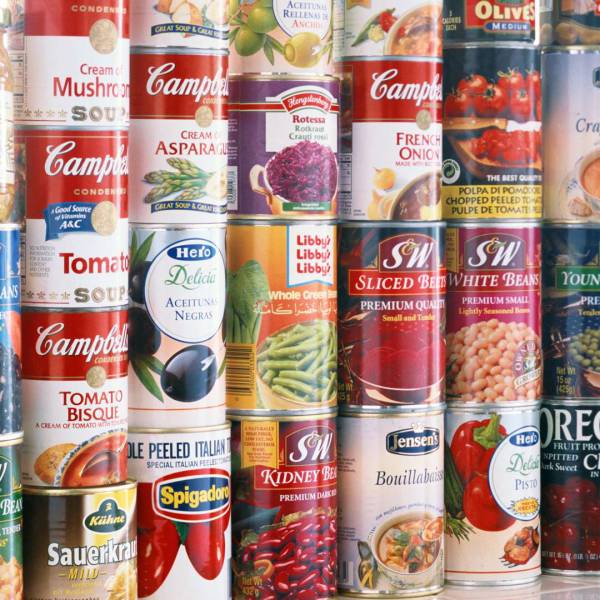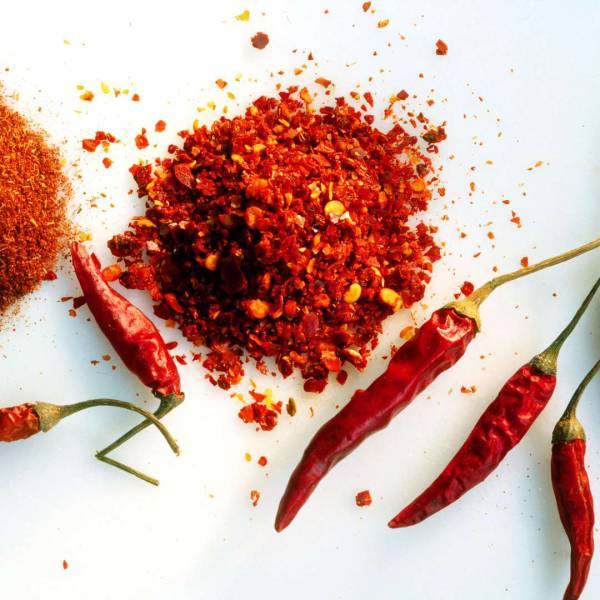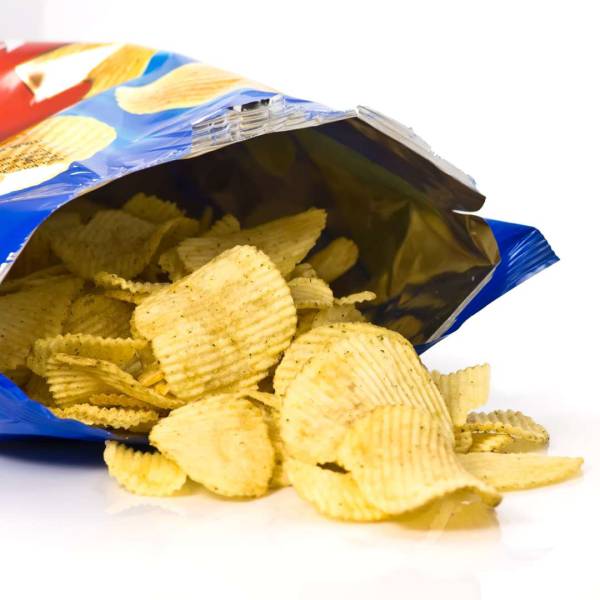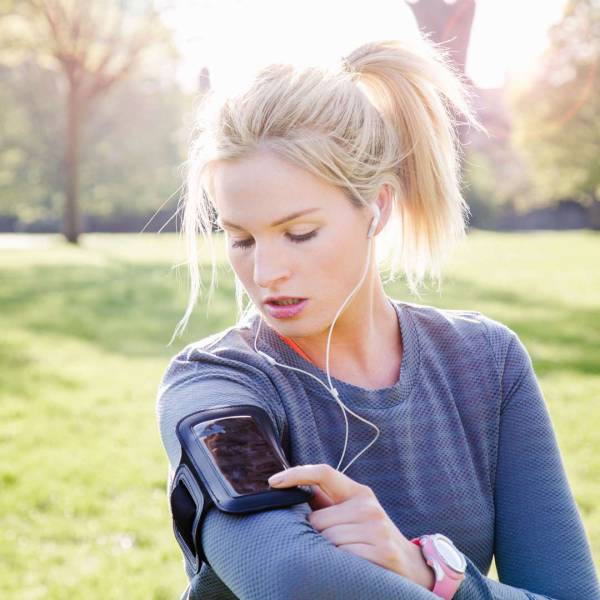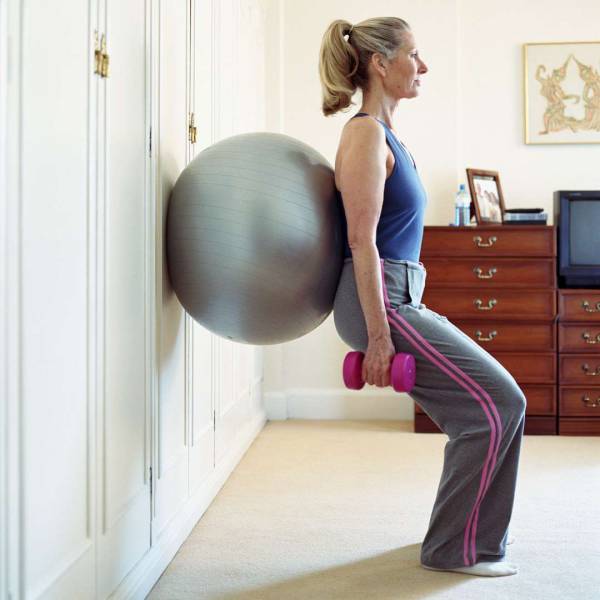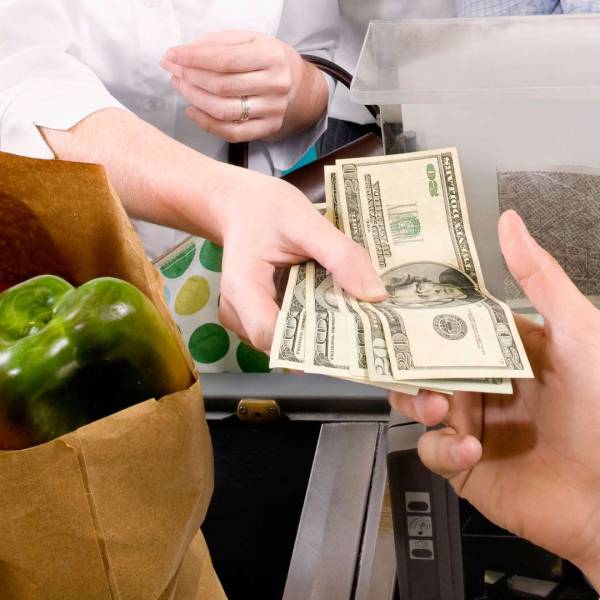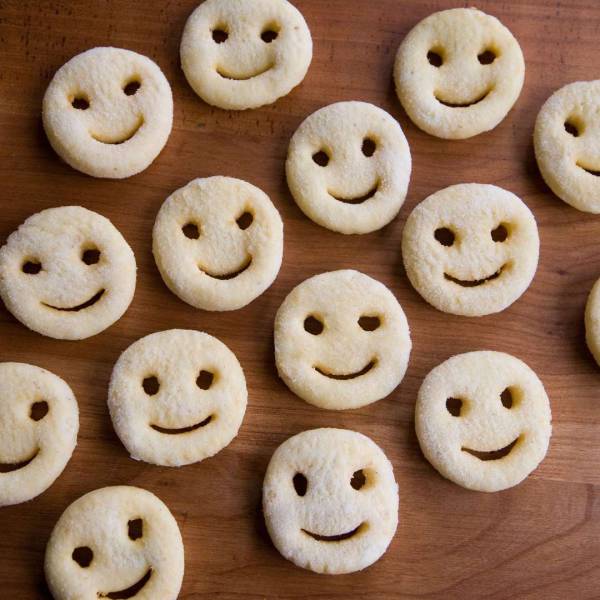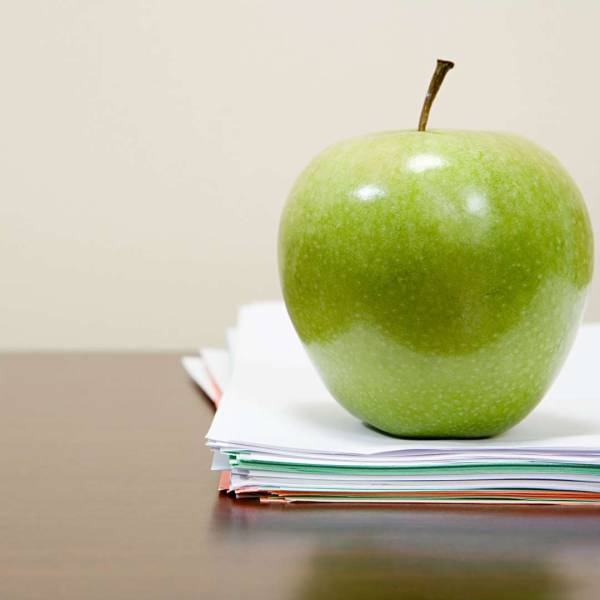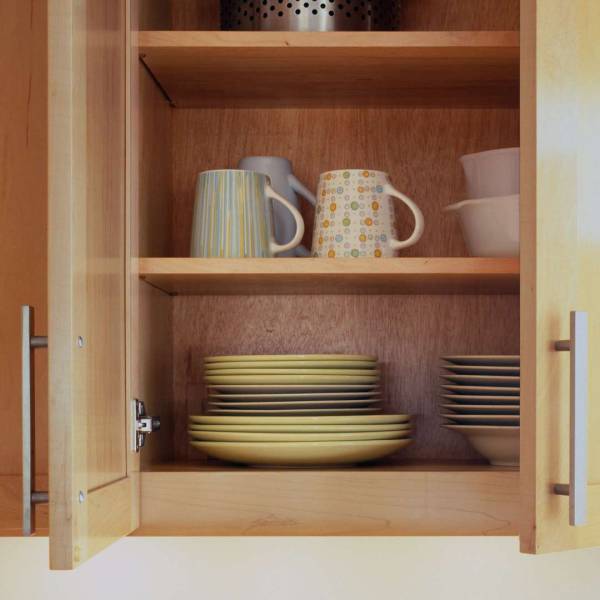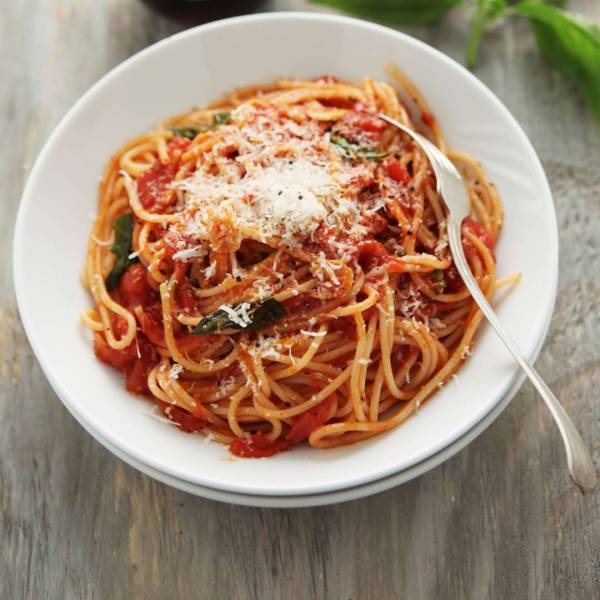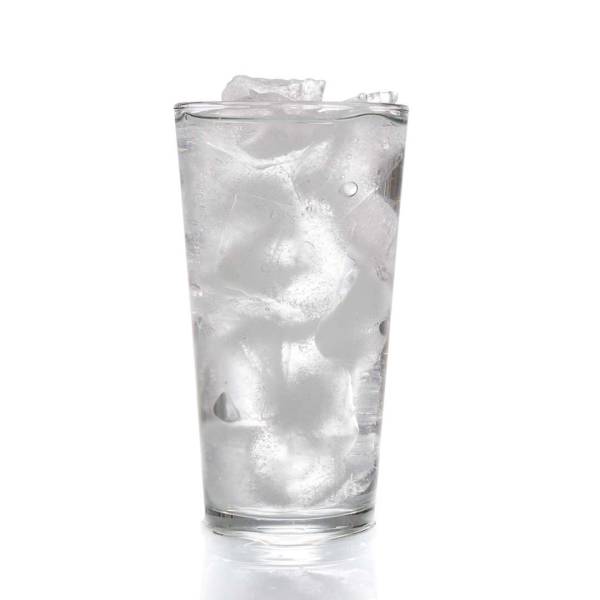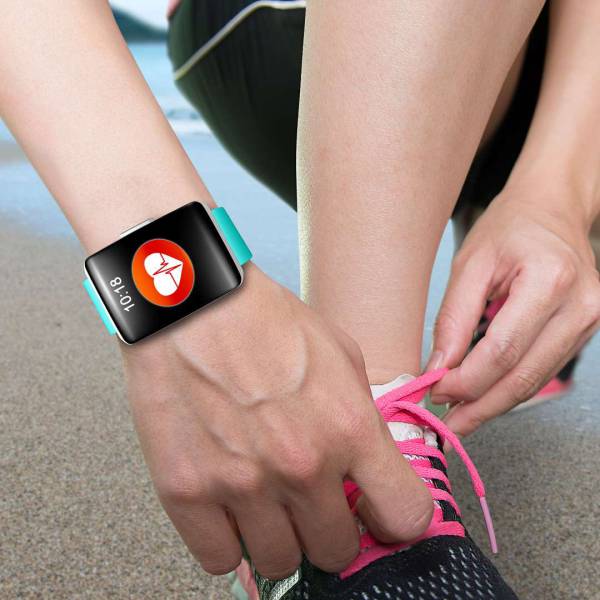Apparently, scientists found a way to make lasting weight loss a reality.
Eat a big breakfast
Yeah, yeah--you've heard a million times that you must start your day with a balanced breakfast. This advice bears repeating, however.
An Imperial College London study found that when people skipped breakfast, the reward centers in their brains lit up when they were shown pictures of high-calorie foods. That means if you skip breakfast, you'll be more tempted by bad-for-you snacks later in the day.
What's more, a 2013 study found that women who enjoyed a large morning meal had a larger drop in ghrelin, the hunger hormone, than those who ate a small breakfast.
Finish breakfast with something sweet
Wrap up your morning meal with dessert--yes, really. In a Tel Aviv University Medical Center study, one group had a 304-calorie breakfast with 10 grams of carbs, while the other group ate a 600-calorie breakfast with 60 grams of carbs, which included a small sweet, such as chocolate, a doughnut, a cookie, or cake. Halfway through the 8-month study, both groups had lost an average of 33 pounds per person.
At the end, however, the low-carb group regained 22 pounds, while the dessert group dropped an additional 15. Researchers say the dessert-eaters reported dealing with fewer cravings, and had a better chance of sticking to their calorie requirements for the rest of the day.
Eat 30 grams of fiber a day
Try upping your fiber intake--it may work just as well as following a strict diet.
In an American Heart Association study, one group was instructed to follow a diet with strict nutrient goals and limits on calories, sugar, and saturated fat, while the other group was given one goal: consume 30 grams of fiber a day.
At the end of the 3-month study, both groups lost weight and improved their heart health, showing that losing weight may be as easy as filling up on more fiber.
Wean yourself off any beverage that's not water, tea, or coffee
Sodas and juices are essentially liquid candy: They contain up to 18 teaspoons of sugar and upwards of 240 calories per 20-ounce serving, and provide zero nutritional value.
Experts point to soda as one of the top contributors to the obesity epidemic. Diet drinkers aren't off the hook, either. A study in the journal Obesity found that diet soda drinkers were more likely to have a high percentage of fat in their bellies. Researchers believe diet drinkers may overestimate the calories "saved," and then overeat.
Stock your freezer with veggies
Fresh, in-season produce gives you the biggest nutritional boost, but frozen veggies come in a close second. Very shortly after being picked, these fully ripe veggies are frozen, allowing them to lock in many of their nutrients. Having a stash of veggies in your icebox makes healthy eating on the fly oh-so-easy--and reduces the chance you'll order in a pizza.
Reduce your meat intake
Vegetarians are generally thinner and healthier than meat-eaters, according to a 2013 study published in the American Journal of Nutrition and Dietetics.
While going totally vegetarian may not be realistic for you, one way to slim down your meals is to replace some meat with plant protein. Black beans, for example, give you 15 grams of protein per serving, and mushrooms are rich in umami flavor, and can be used to replace half the ground beef in most recipes.
Make dairy a do
A dairy-rich diet loads you up with calcium and vitamin D, nutrients that help build muscle--and boost your metabolism as a result. Plus, the hormone calcitriol helps conserve calcium for stronger bones while instructing your fat cells to convert less sugar to fat and burn more body fat.
Pump up your protein intake (but not too much)
Women need about 46 grams of protein a day (56 for men), and it's important to hit that goal if you want to keep your weight in check. Your body needs more time and energy to digest protein than fat or carbs, so you feel full for longer and also burn more calories absorbing the nutrients in the process.
That said, you don't want to OD on protein, either--if you have too much, the excess gets stored as fat.
Drink black coffee
Your morning java jolt doesn't just wake you up. Having a cup of coffee may also jumpstart your metabolism by 12% for 3 hours, according to a study published in the American Journal of Clinical Nutrition. Just don't overdo it--experts recommend no more than 3 cups a day for the average woman.
Measure out your wine
A heavy-handed pour will negate any of the health benefits you get from sipping a glass of wine. One serving of wine racks up 125 calories, and many of today's fishbowl-sized glasses hold three servings. (For the math-challenged, that's 375 calories--the size of a small meal.) Here, Cynthia Sass, MPH, RD demonstrates how to pour the perfect serving of wine.
Snack on pistachios
Foods that require peeling, shelling, or individual unwrapping--like pistachios--force you to slow down your eating, and may help you consume less overall. Plus, a 1-ounce serving of pistachios provides 6 grams of protein and 3 grams of fiber for just 159 calories.
Beware other booze-related calories
A single serving of beer, wine, or spirits clocks in at about 125 calories, and it's obvious that those calories can add up if you overindulge. Thing is, it doesn't end there.
Ever notice that during a night of drinking, a plate of chicken wings or nachos suddenly appears in front of you? A recent study published in Obesity helps explain why. Researchers found that alcohol makes women's brains more sensitive to the smell of food, leading them to eat more.
Have a MUFA at every meal
Fearing all fat is a thing of the past. Monounsaturated fatty acids (MUFAs) actually help you lose weight, not gain it. When researchers asked women to switch to a 1,600-calorie diet high in MUFAs, they lost a third of their belly fat in just 4 weeks. Sprinkle a handful of nuts on your salad, drizzle a tablespoon of olive oil over steamed veggies, or mash a quarter of an avocado onto your breakfast toast.
Watch out for added sugar
You're probably eating more sugar than you realize. The average person takes in 22 teaspoons of sugar a day--more than three times the amount suggested by the American Heart Association.
The white stuff is added to foods that don't even taste sweet, such as breads, condiments, and sauces. Read food labels carefully: ingredients are listed in the order of how much is in the food, so if sugar is near the top, put it back on the shelf.
Stock up on canned tuna
This pantry staple is a dieter's dream food. A 3-ounce serving racks up an impressive 25 grams of satiating protein for just 157 calories. Use it to beef up salads or pasta dishes, or pair it with a few crackers for a healthy snack that will keep you full until your next meal.
Don't skimp on spinach
Spinach and other dark leafy greens are rich in magnesium, which regulates more than 300 functions in the body. A 2013 study revealed that people who consumed more magnesium had lower blood sugar and insulin levels, which can play a role in weight.
Fill up on fish
The omega-3 fatty acids in salmon, tuna, herring, and other fish may help amp up your body's fat-burning power. These heart-healthy fats balance blood sugar and reduce inflammation, which helps regulate metabolism.
Have soup before your sandwich
In a 2007 study published in Appetite, people who ate soup before the rest of their lunch reduced their total calorie intake by 20%. The type of soup didn't matter in the study--all kinds led to consuming fewer calories. That said, your best bet is a broth-based, veggie-heavy soup for an extra dose of fiber. Try this recipe:
Chicken-Noodle Soup With Spinach
Pair protein and fruit
Apples, bananas, strawberries--they're all good for your body and your waistline. But to take this snack from good to great, pair it with a bit of protein to make it more satisfying.
An apple and cup of skim milk is one easy option that provides 10 grams of protein and 5 grams of fiber for 200 calories. Half an avocado filled with 2 ounces of cottage cheese is another 200-calorie fruit-and-dairy combo that fills you up with 9 grams of protein and 7 grams of fiber.
Swap white bread for wheat
Better yet, replace all refined grains with whole. People who eat a lot of whole grains are more likely to keep their weight down than those who eat refined grains. In one study, women whose diets contained the most wheat germ, brown rice, dark bread, and popcorn had a 49% lower risk of major weight gain over time.
Stop stressing about gluten
Nearly 30% of U.S. adults say they're trying to go gluten free--but unless you've been diagnosed with celiac disease, there's really no need. In fact, cutting all gluten foods (such as wheat, barley, and rye) from your diet won't necessarily help you lose weight. Gluten-free junk foods are everywhere, and a gluten-free cookie or slice of pizza is just as bad for you as the regular kind.
Learn how sugar's disguised
A food label may not have the word "sugar" on it anywhere, but that doesn't mean the sweet stuff isn't there. High fructose corn syrup, invert sugar, molasses, sucrose (or any word ending in "-ose"), brown rice syrup, honey, and maple syrup are all just sneaky names for sugar.
Stop relying on processed food
Making meals from scratch is time-consuming, sure, but relying on frozen dinners and other packaged products won't help you out in the long run. One recent study found that we burn 50% more calories metabolizing whole foods than processed foods. So not only are you likely to decrease your calorie intake when prepping your own meals, your body will thank you with a metabolism boost.
Spice up your meals
Capsaicin, the compound in chili peppers that makes them hot, may speed up your metabolism, according to a study in Physiology & Behavior. Researchers say capsaicin activates your sympathetic nervous system, and that the effect on metabolism can last for more than 4 hours after eating. For recipe ideas, check out this
beginner's guide to herbs and spices.
Portion out packaged snacks
You should largely avoid snacks that come in a bag or box. When you do want to indulge, measure out a serving rather than eating out of the package. Researchers from Cornell University found that people ate 50% more chips when they were given no visual cues to how large a portion should be.
Become an early-bird exerciser
Early-morning exercise stokes your metabolism and helps you burn more calories for the rest of the day. In fact, if you can get in 45 minutes, then Appalachian State University research shows you could experience a metabolic spike that torches an additional 190 calories over the rest of the day. Try a circuit of the basics like jumping jacks, squats, and push-ups. And for mornings you really don't have any time, try this
2-minute fat-burner.
HIIT it
You don't need to work out for hours on end to see results. High-intensity interval training (HIIT) alternates bursts of all-out exercise with brief rest periods, and research shows this training style burns fat more effectively than longer workouts that maintain a steady intensity. Download, print, or Pin this
HIIT workout that gets the job done in 10 minutes.
Schedule a pre-dinner workout
If you're always starving after you finish Spin class, book a session that falls right before your normal dinnertime. That way, you can refuel with the meal you already had planned, rather than taking in extra snacks (and calories).
Work out with a friend
It's all too easy to sleep through your alarm when you were planning on an early-morning workout. Stop flying solo, and start scheduling sweat sessions with a friend. You'll be less apt to skip your workout when you know you have someone waiting for you.
Be realistic about your calorie burn
You may feel ready for a diet splurge after an intense exercise class. Sadly, you can easily undo an hour of hard work within minutes if you make poor post-workout eating choices. The average woman burns 550 calories in an hour of circuit training. Treating yourself to a big smoothie, cookie, or cup of froyo cancels out more than half your work.
Take your workouts outside
The only way to make exercise effective is to do it consistently. One 2011 study published in the journal Environmental Science & Technology found that sweating outdoors was associated with more engagement in the activity--not to mention an energy boost and better overall wellbeing.
Don't fear the weight room
Yes, you can pump iron without bulking up, and no, you will not look awkward. Lifting weights stokes your metabolism for a few days after your workout--meaning you continue burning calories long after you leave the weight room. One study found that strength training 30 to 40 minutes twice a week for 4 months, could increase an average woman's resting metabolism by 100 calories a day.
Create a workout playlist you love
People who exercise while listening to music exercise longer and more vigorously than those who don't. Why? Because cranking up tunes distracts you from fatigue, allowing you to rack up more workout time (and burn more fat in the process).
Set up a home gym
"I'm too busy to go
to the gym today." How many times have you said that? Stop making excuses and set up a small home gym. You can get a great workout at home with just a few inexpensive pieces of equipment. In this video, fitness expert Kristin McGee shows you the
key pieces of gear you need to get in shape for less than 50 bucks.
Pay cash for groceries
When you make purchases with a credit card, you only realize how much money you're spending in a conceptual sense--you don't actually see the cash coming out of your wallet. According to a study in the Journal of Consumer Research, that may lead you to buy more unhealthy, calorie-dense foods despite the extra cost (both money-wise and diet-wise). Researchers believe credit cards make it easier to make impulse buys.
Don't take the easy way out after exercising
Just because you worked out this morning doesn’t give you an excuse to park your car closer to your office or to take the elevator instead of the stairs. French researchers discovered that when obese teens exercised, they compensated by decreasing their activity later in the day. Similarly, another study in older adults revealed that exercising failed to increase overall daily calorie burn because participants were sedentary the rest of the day.
Write down what you eat
Would you grab a handful of M&Ms if you knew you'd have to jot it down in a diary afterward? Researchers say that chances are, you'd skip it--writing down every bite makes you more accountable and cuts calorie intake. A large-scale study found that keeping a daily food journal doubled the amount of weight participants lost.
Stay off Pinterest and Instagram
Pinterest and Instagram are both filled with gorgeous photos of decadent desserts and ooey-gooey macaroni and cheese recipes, and while it may be fun to dream about eating them, they may be wrecking your diet. Research from the University of Southern California says that viewing images of high-calorie foods sparks more activity in the reward areas of the brain than photos of low-calorie fare--which means you'll be more tempted to indulge in high-fat fare next time you're hungry.
Keep your stress in check
Stress makes you feel crummy all around, and can also take a toll on your weight. The stress hormone cortisol has been shown to make you hungrier, drive cravings for junk food, and make your body cling to belly fat. One Ohio State University study also revealed that stress may cause your body to burn fewer calories. Here are five smart strategies for
controlling stress-induced weight gain.
Eat meals with no distractions
Breakfast while scanning your smartphone. Lunch at your desk. Dinner in front of the TV. You'd be amazed at how many additional calories you consume when you're distracted, according to research from Cornell University's Food and Brand Lab. Watching TV or responding to emails pulls your attention away from how much you're eating, and makes you less likely to notice your body's signals that you're full.
Sneak in unconventional exercise
Any time you get moving, exert your muscles, and work up a sweat, you're exercising. That means things like raking leaves, running around the yard with your kids, or playing beach volleyball with your friends are all burning calories.
Make sleep a priority
Skimping on sleep sets you up for a host of health problems, such as increased risk for depression, type 2 diabetes, and stress. Here's one other benefit to spending enough time in bed: You're more likely to be a healthy weight. University of Chicago research revealed that dieters who were well-rested lost more fat than those who were sleep deprived.
Take slow, deliberate bites
Speed eating is a recipe for weight gain. One study of 3,000 found that the fastest eaters were 84% more likely to be overweight than those who ate at a slower clip. Cynthia Sass, MPH, RD, and Health's contributing nutrition editor, suggests putting your fork down between bites, and taking a few breaths between forkfuls.
Play games on your phone
Your Candy Crush addiction may be doing your body good. Playing video games may reduce how often you have food cravings, and may also make them less intense, according to a study published in the journal Appetite. So next time you can't stop thinking about the bag of chips in your pantry, queue up a game to distract yourself from your craving.
Keep an apple on your desk
You can see the pumpkin pie your coworker baked sitting on the giveaway table across the office. But according to research from St. Bonaventure University in Upstate New York, you won't get up and cut yourself a slice if you have a healthy snack right in front of you. Their study, published in the journal Appetite, revealed that even when people want to snack on something sinful, they'll go for whichever nosh is closest to them.
Serve yourself straight from the pot
Instead of transferring food to serving dishes and placing them on the dining table, serve yourself straight from the pots and pans. When you have to get up from the table to serve yourself seconds, you'll probably eat about 20% less, according to a 2010 study.
Rearrange your kitchen cabinets
People eat less when food is served on a 7-inch salad plate than a 10-inch dinner plate, research shows. Organize your kitchen cupboards so that small plates are the easiest to reach, while big plates are on a higher shelf.
Lower your thermostat
Keeping your house a little chilly in the winter will do more than help you save on energy bills. Cold temperatures increase your body's brown fat by up to 40%, according to a study in the journal Diabetes. Brown fat burns calories to help your body stay warm.
Chew gum
Weird, but true: People who chewed gum in a University of Rhode Island study burned up to 8% more calories than people who didn't chew gum. Researchers also revealed that popping a stick may also lead you to eat 68 fewer calories over the course of a day.
Set an activity alarm
Chances are, you spend the better part of your day parked in an office chair. Instead of letting hours go by between bathroom breaks, set an alarm on your phone or in your Outlook calendar to remind you to get up every 30 minutes or so. You'll boost your metabolism by about 13%, says research published in the American Journal of Clinical Nutrition.
Wear a belt
Sure, leggings are way more comfortable than pants, and you can even get away with wearing them to work these days. Thing is, that expandable waistline makes you more prone to overeating. If you're going to rock yoga pants all day, consider pairing them with a belted tunic. The belt will prompt you to slow down and think about how you're feeling during a meal.
Eat in a stress-free environment
If you can see a stack of bills waiting for you on the counter or a to-do list taped to the fridge while you're eating, you are setting yourself up to eat more. According to a study in Psychological Reports, people who ate in a relaxed environment ate 18% less than when they were surrounded by anxiety triggers.
Plate your food wisely
The color of your plate may seem like the last thing you'd need to consider when it comes to losing weight, but it can play a surprisingly big role in how much you eat, according to a 2012 Cornell University study. Researchers discovered that when the food and plate color have low color contrast (like pasta with red sauce on a red plate), diners served themselves 22% more from a buffet than when there was a higher color contrast (like pasta with red sauce on a white plate).
Drink a glass of cold water before every meal
Before you eat, have a big glass of water. Being even just slightly dehydrated makes you prone to sugar cravings, especially if you've been exercising. Better yet, add some ice: A German study found that drinking about 16 ounces of cold water increased metabolic rate by 30% for an hour. If you're still hungry after sipping some water, then go ahead and eat.
Wear an activity tracker
Ever find yourself at the end of a workout, and you've barely even broken a sweat? Real-time feedback from a wearable device that tracks heart rate or calories burned may inspire you to push yourself harder. (Plus, you'll feel more connected to your training.) Try the Fitbit Charge HR ($140;
amazon.com), Withings Pulse 02 ($100;
amazon.com), or the Intel Basis Peak ($173,
amazon.com).
Check your medicine cabinet
If you've been eating healthy and exercising regularly and you still can't seem to drop pounds, take a look at your prescription drugs. Weight gain is a side effect for many pharmaceuticals, including certain antidepressants, diabetes drugs, and blood-pressure medicine.


